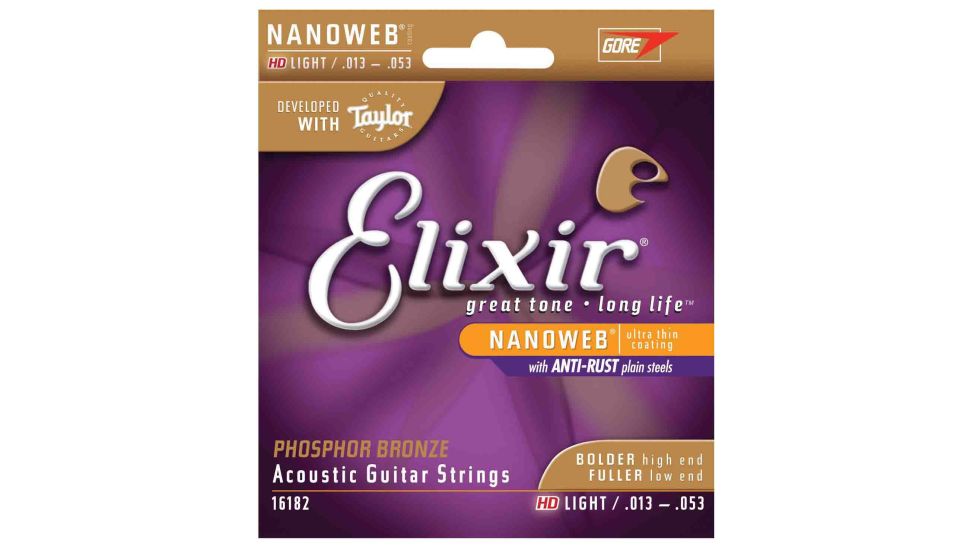
Coated guitar strings are favored by many guitarist, but are they really worth the additional cost? In my last post on how to make guitar strings last longer I mentioned that you may want to consider coated guitar strings because they can potentially stop your strings from rusting.
If you’re new to the world of coated guitar strings, they are essentially guitar strings that have been treated with a thin layer of polymer coating around the outside of the string. This coating helps your guitar strings last longer by preventing corrosion and slowing the wear caused by frequent guitar playing.
Sounds pretty great right? Well, yes and no. Coated guitar strings have many benefits, and they’re what I personally choose to use, but many people still prefer uncoated strings. In this post I want to take an unbiased look at coated vs uncoated strings, and discuss their respective pros and cons.
Coated Strings Last Longer
The biggest benefit of coated guitar strings is that they last longer. This is what draws many guitarists to coated strings initially.
I personally have pretty sweaty hands, and found that before I switched to coated strings, I could only get a week or two at best out of my regular strings before I had to change them. This got to be a major pain, as no one wants to play with dead strings. So I found myself needing to constantly change strings out in order to still have an enjoyable playing experience.
So you’re probably wondering: how long do coated guitar strings last? The answer ultimately depends on how frequently you play guitar, how clean your hands are while playing, whether or not you clean your fretboard, and other variable factors. I personally find I can play every day and still get at least a month out of a single set of coated strings.
Coated Strings Have A Slightly Different Feel and Sound
Even the advocates of coated strings won’t deny that they feel and sound a bit different. This is the biggest con to coated strings, and what may turn some people off at first.
Coated strings can tend to feel smoother and even ‘slippery’ if you’re new to them. This is caused by the polymer coating around the strings. While some players prefer this sensation, others don’t care for it at all.
Some guitarists also find that they don’t care for the tone produced by coated strings. While the tone lasts longer and is more consistent for a longer period of time, some describe it as muted and having less sustain than you might find with uncoated strings.
Coated Strings Are More Expensive
That life-extending layer of coating comes with a price. This is why coated guitar strings are more expensive than their uncoated counter parts.
Is this extra cost worth it? The answer ultimately depends on the player. In my opinion this higher price tag – is well worth it for the extra string life and convenience that coated strings provide. But while I love coated strings, I’m not here to convert you.
Maybe you find that coated strings don’t have the feel and tone that you prefer. Or perhaps you feel that your coated strings last plenty long, or you simply don’t mind swapping them out.
Summary
The question of coated vs uncoated guitar strings, and whether or not coated strings are worth it, is ultimately going to come down to your individual preferences as a guitarist. The best solution is to try both and see what you prefer!
Some people even find that they love coated strings on an acoustic but can’t stand them on electric, or vice versa. I encourage you to experiment and see what works for you.
If you’re interested in giving coated strings a shot, here are My Three Favorite Coated Guitar Strings:
2. D’addario Coated Bronze 80/20
Thanks for reading!
